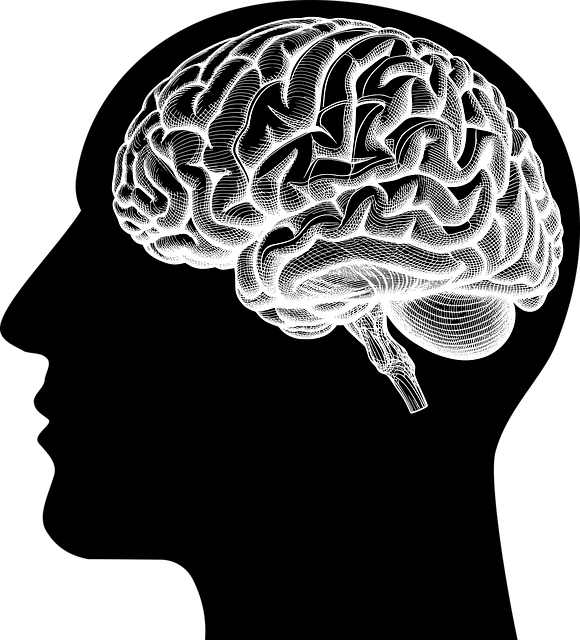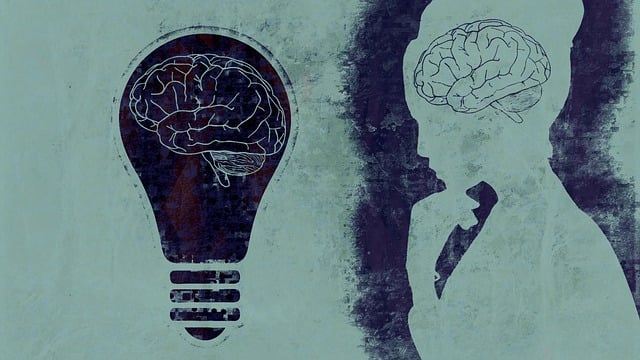Colorado Springs Alcohol Abuse Therapy focuses on teaching powerful coping skills to overcome alcohol abuse. Through mindfulness, relaxation exercises, and cultural competency, individuals gain tools to manage stress, emotions, and triggers without harmful behaviors. This personalized approach builds self-esteem, resilience, and inner strength while reducing mental illness stigma. Effective strategies combat cravings, manage triggers, and enhance emotional regulation for long-term sobriety.
In the quest for lasting recovery from alcohol abuse, developing robust coping skills is paramount. Colorado Springs Alcohol Abuse Therapy highlights the transformative power of understanding and harnessing these skills. This comprehensive guide delves into the core aspects of coping mechanisms, offering insights on personal exploration, stress management, craving control, and seamless integration into daily life. By equipping individuals with effective tools, we empower them to navigate challenges, sustain sobriety, and cultivate a fulfilling life.
- Understanding Coping Skills and Their Significance in Recovery
- Identifying Personal Coping Mechanisms: A Journey Inward
- Building a Toolkit for Stress Management and Emotional Regulation
- Effective Strategies to Combat Cravings and Relapse Prevention
- Integrating Coping Skills into Daily Life: Sustaining Long-Term Sobriety
Understanding Coping Skills and Their Significance in Recovery

Coping skills are essential tools for navigating life’s challenges and play a significant role in recovery from issues like alcohol abuse. In Colorado Springs Alcohol Abuse Therapy, understanding and developing effective coping mechanisms can empower individuals to manage stress, emotions, and triggers without resorting to harmful behaviors. These skills help clients build resilience, fostering a sense of control over their lives.
By focusing on self-esteem improvement and mental wellness, therapists guide patients through techniques like mindfulness, relaxation exercises, and healthy distraction strategies. The goal is to equip them with tools that promote emotional balance and well-being. Moreover, these coping skills can be enhanced through Healthcare Provider Cultural Competency Training, ensuring that support is tailored to each individual’s unique needs and cultural background.
Identifying Personal Coping Mechanisms: A Journey Inward

Many individuals struggling with Colorado Springs alcohol abuse therapy often embark on a journey of self-discovery when they decide to seek help. Identifying personal coping mechanisms is a crucial step in this process, as it involves looking inward to understand one’s unique strategies for navigating life’s challenges. This introspective process allows individuals to recognize the behaviors and thoughts that either perpetuate or alleviate stress and emotional turmoil.
By delving into their inner selves, people can uncover hidden strengths and adaptive coping skills. For some, this might involve creative outlets like art or music as a means of expression and stress management. Others may discover the power of mindfulness practices or finding solace in nature. Through these discoveries, individuals can begin to replace unhealthy coping mechanisms with sustainable strategies that foster inner strength development, ultimately contributing to mental illness stigma reduction efforts.
Building a Toolkit for Stress Management and Emotional Regulation

In the journey towards well-being, building a comprehensive toolkit for stress management and emotional regulation is akin to equipping oneself for various life challenges in Colorado Springs Alcohol Abuse Therapy. This involves cultivating a range of coping skills that can be drawn upon during moments of stress or emotional turmoil. One effective approach is to incorporate empathy-building strategies into one’s repertoire. By fostering understanding and compassion towards oneself and others, individuals can enhance their ability to navigate difficult situations with resilience.
Additionally, anxiety relief techniques play a pivotal role in this toolkit. Practicing mindfulness, deep breathing exercises, and progressive muscle relaxation are evidence-based methods that have shown remarkable effectiveness in reducing anxiety symptoms. As these strategies become ingrained, they empower individuals to maintain emotional balance even under pressure. Moreover, focusing on self-esteem improvement is integral to the process, as it strengthens one’s sense of worth and confidence, enabling them to face challenges head-on with a positive mindset.
Effective Strategies to Combat Cravings and Relapse Prevention

Combating cravings is a critical aspect of relapse prevention, especially when addressing Colorado Springs Alcohol Abuse Therapy. Effective strategies involve understanding and managing triggers, developing healthy coping mechanisms, and enhancing mental resilience. Therapists often recommend cognitive-behavioral techniques to help individuals recognize and challenge negative thought patterns that contribute to substance abuse. By identifying triggers and learning replacement behaviors, patients can effectively navigate high-risk situations.
One powerful tool in burnout prevention is practicing mindfulness and stress management techniques. Mental Health Awareness emphasizes the importance of staying present and aware of one’s emotions without judgment. Techniques like deep breathing exercises, meditation, or engaging in creative outlets can redirect attention away from cravings and towards self-care. Additionally, Conflict Resolution Techniques may be employed to navigate interpersonal challenges that could trigger relapse, fostering healthier relationships and a sense of support.
Integrating Coping Skills into Daily Life: Sustaining Long-Term Sobriety

Incorporating effective coping skills into daily routines is a pivotal aspect of sustaining long-term sobriety, especially in places like Colorado Springs Alcohol Abuse Therapy centers. After initial treatment, individuals often face the challenge of maintaining their progress in a world filled with potential triggers and stressors. By integrating coping strategies into their everyday lives, however, they can enhance their resilience and prevent relapse. Techniques such as mindfulness meditation, cognitive-behavioral therapy (CBT), and stress management practices empower individuals to navigate life’s challenges more effectively.
Anxiety relief remains a key concern for many recovering individuals, and this is where mental wellness coaching programs play a significant role. Development of these programs focuses on teaching clients risk management planning for mental health professionals, enabling them to anticipate and handle anxiety-provoking situations without resorting to harmful behaviors. Through ongoing practice, these coping skills become second nature, fostering a sense of calm and control that is crucial for maintaining sobriety in the long run.
Coping skills development is a transformative journey that can significantly enhance recovery from alcohol abuse in Colorado Springs. By understanding and adopting effective strategies outlined in this article, individuals can take control of their lives, manage stress, and prevent relapse. Integrating these coping mechanisms into daily routines allows for sustained sobriety and improved overall well-being, offering a brighter path forward towards a healthier, happier future.











